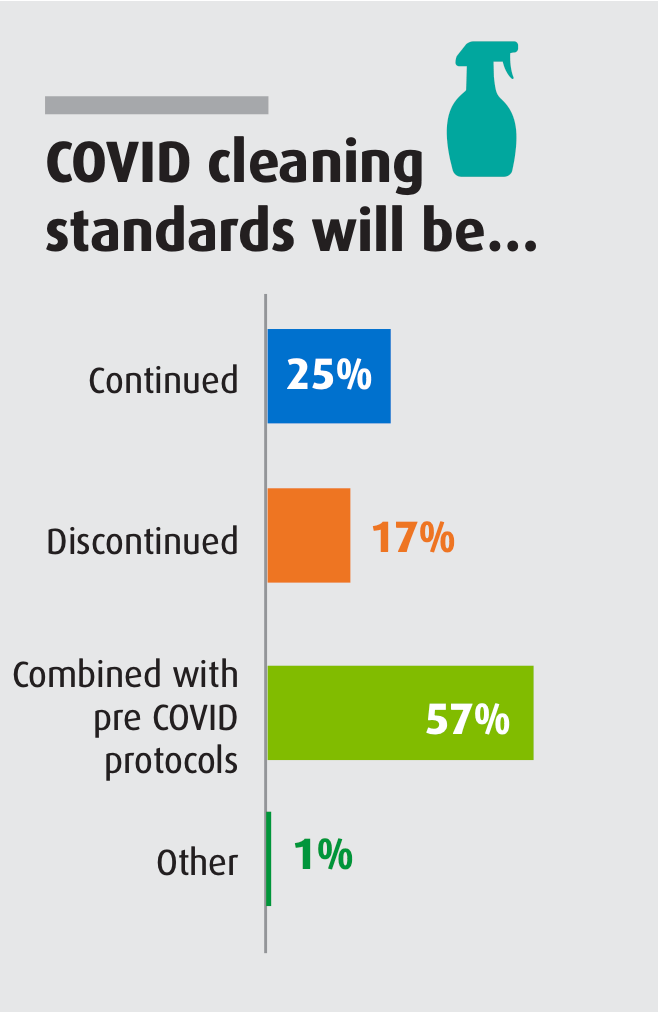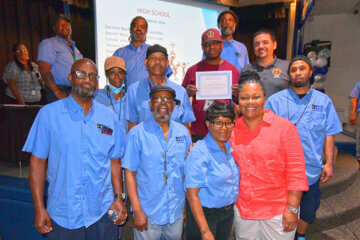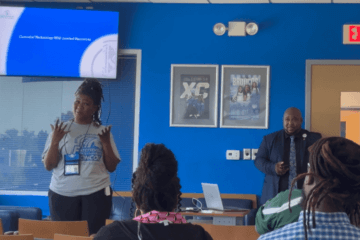As summer winds on, higher education is preparing for a fall like none other: the first time most colleges and universities plan to resume full in-person learning. According to a recent APPA survey, 100% of respondents plan on returning to either a fully reopened campus or hybrid, partially-open model for the fall.
This means that after a year and a half of constantly changing plans and emerging (and sometimes conflicting) guidance, many facilities teams are gearing up to reopen back to their previous levels. So how do they plan on navigating the continuing impacts of the COVID-19 pandemic and safely welcome students back on campus?
APPA’s insights into fall 2021 reopening plans
In a recent town hall on Changing Fall 2021 Reopening Strategies, APPA Executive Vice President E. Lander Medlin spoke on how APPA members are planning to “lead and manage the new chaos and confusion,” especially as vaccines and variants keep everyone guessing.

Results of APPA’s Fall 2021 Reopening Strategies Survey provide fascinating insights into how various educational institutions plan to handle back-to-school this fall. Among the survey’s findings:
- 81% of respondents said their institution planned on fully reopening with all students on campus for Fall 2021, compared to only 14% for Spring 2021.
- The remaining 19% planned on a hybrid, partially open model.
- None of the respondents planned for the fall to be fully remote/online, down from 16% in Spring 2021.
It’s definitely worth checking out the full survey results to get a feel for how different organizations are planning for the fall.
Trends in educational facilities
A significant portion of respondents who took the APPA survey also reported HVAC upgrades or planned upgrades, including MERV 13, 14, and higher filters; scrubbers; anti-microbial filters; and UV/UV-C light systems.
Among disinfecting solutions, electrostatic sprayers were a clear favorite, with 40% of respondents reporting using them for disinfection.
Other emerging practices included:
- Digital tools. Many teams began to embrace tools like DocuSign to digitally sign documents, rather than requiring hand-written signatures. Other remote work tools, like video conferencing, became more popular, too.
- More inspections. Increasing inspections was a theme among respondents.
- Better communication. During the webinar, Medlin emphasized that “we cannot go back to the silos.” Facilities teams plan on maintaining their visibility on campus, as well as remaining at the decision-making table.
- Touch-free technology. Things like touchless foot-operated power doors have gained momentum.
For most teams, cleaning standards will not be returning to pre-COVID levels. Only 17% of respondents reported that COVID cleaning standards would be discontinued entirely; the majority plan to combine elements of the new standards with their previous routines.

Ongoing needs teams still face
One big need identified by the survey? Staffing. Departments are facing higher demands than ever, and they need the staff to back that up.
On the other hand PPE shortages seem to have mostly been addressed, according to the facilities teams who took the APPA survey.
Other concerns revolve around the universities’ overall vaccination policies, as well as concern around student enrollment and retention.
Takeaways for teams planning for fall 2021
COVID-19 will continue to impact the 2021–2022 school year, even as in-person learning largely resumes. But rather than a return to “normal,” teams are planning to establish what the “new normal” will look like on campus, with plans for high air-quality, frequent inspections, and a plan in case of reported illness.
Additionally, facilities teams need to keep their place at the planning table with other college and university leaders. The pandemic highlighted what has always been true: Cleaning and building maintenance has a tangible impact on student health and wellbeing.
Looking for tools to make inspections easier and more effective? Set up a live video chat demo of OrangeQC so we can show you the ropes before your free 30-day trial.



